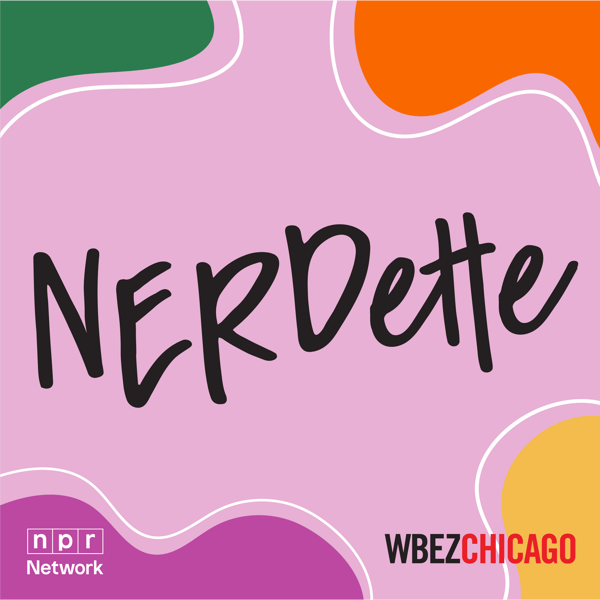Tripping Hard For Science
Nerdette Recaps With Peter Sagal
WBEZ
4.6 • 924 Ratings
🗓️ 7 June 2019
⏱️ 28 minutes
🧾️ Download transcript
Summary
What’s it like to give people hallucinogenic drugs and study what happens? How might these drugs be used for therapy? And what causes people to take drugs in the first place?
That’s what we asked Harriet de Wit, who runs the University of Chicago’s Human Behavioral Pharmacology Laboratory, where she administers drugs like LSD, ecstacy and psilocybin to volunteers in an effort to learn more about the human nervous system.
“The whole world of researchers is feeling very cautious,” de Wit tells us, “cautiously optimistic — that if the drugs are used under controlled circumstances, they might have some potential benefits.”
Let’s get funky.
Transcript
Click on a timestamp to play from that location
| 0:00.0 | I'm Natalie Moore. I fell in love with soap operas when I was just five years old, and I still |
| 0:06.1 | watch them. Their television's longest scripted series and have zero reruns. Now let me tell you, |
| 0:12.7 | soap operas aren't just some silly art form. They are significant. In this season of making, |
| 0:18.0 | Stories Without End from WBEZ Chicago. |
| 0:25.7 | Join me as I share how the genre began, their social impact, and why these stories endure. |
| 0:28.3 | Listen wherever you get your podcast. |
| 0:34.0 | From WBEZ Chicago, this is Nerdette. |
| 0:34.8 | I'm Greta Johnson. |
| 0:39.1 | And today, we are talking to someone who gives people ecstasy for science. |
| 0:55.1 | Our guest this week is Harriet DeWitt. She's studied the effects of a bunch of different drugs from LSD to psilocybin to alcohol to cannabis and ecstasy, all the drugs. |
| 1:01.6 | She leads the human behavioral pharmacology laboratory at the University of Chicago. |
| 1:09.7 | A lot of people think the work Harriet does is controversial because most of these drugs are illegal, after all, and they can also be really dangerous. |
| 1:13.6 | So just to be clear, this episode is not about condoning drug use. |
| 1:24.4 | That said, why is Harriet giving people drugs? For one, it's really good to know as much as possible about them because a lot of people are going to take them whether or not they're legal. For two, how humans respond to these drugs could actually teach |
| 1:28.8 | us a lot about human biology and neuroscience. And third, it's possible these drugs could actually |
| 1:35.3 | be used to treat stuff like depression and PTSD and other mental illnesses. So how does a |
| 1:42.7 | study like this even happen? |
| 1:53.7 | Well, a few years ago, Harriet wanted to figure out why MDMA makes people act so differently from other amphetamines, such as, like, cocaine or speed. |
| 1:57.8 | The first thing you need to do is find a source of the drug that's pure. |
| 1:58.8 | Oh, of course. |
| 2:02.4 | I'm glad it turns out to be a challenge. Well, and there's probably also some like moral and legal problems with just going out and buying some stuff |
| 2:08.5 | from a person. So step one was obviously to find a hookup. Harriet uses a pharmacologist who |
... |
Please login to see the full transcript.
Disclaimer: The podcast and artwork embedded on this page are from WBEZ, and are the property of its owner and not affiliated with or endorsed by Tapesearch.
Generated transcripts are the property of WBEZ and are distributed freely under the Fair Use doctrine. Transcripts generated by Tapesearch are not guaranteed to be accurate.
Copyright © Tapesearch 2025.

